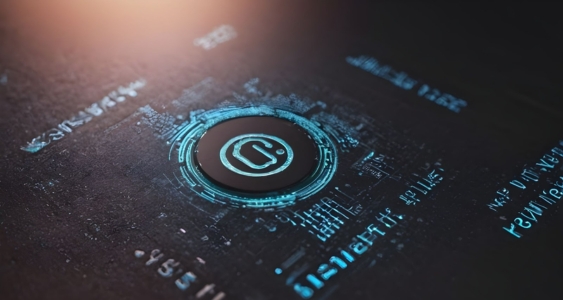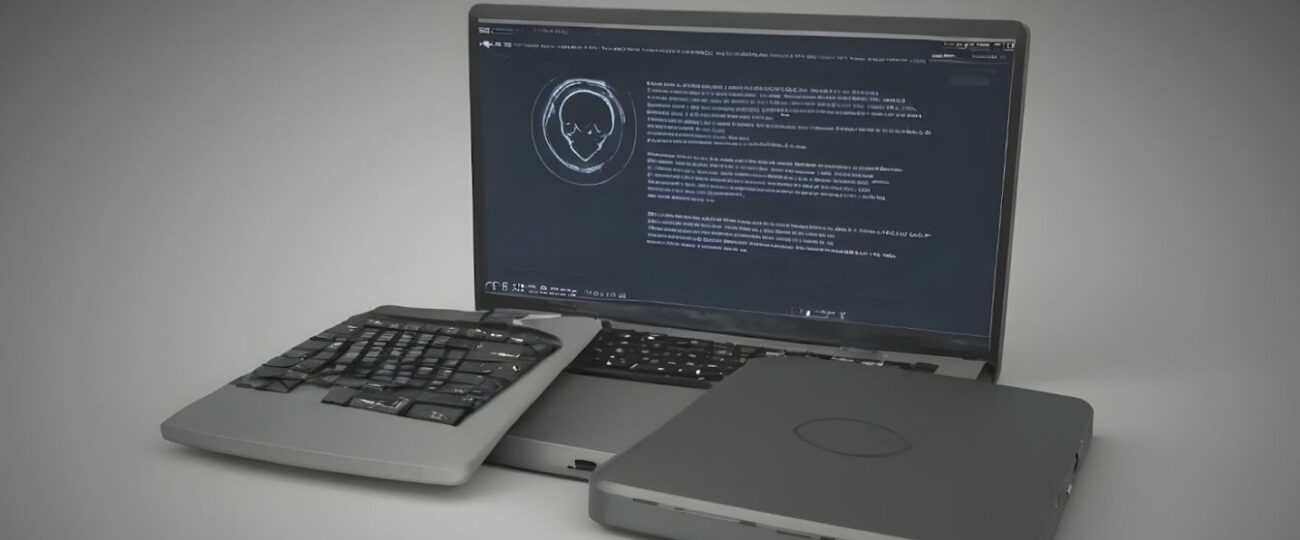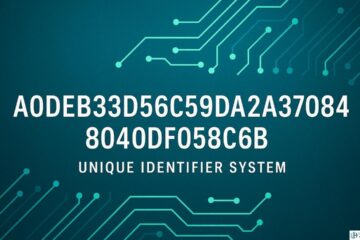UAE Researchers at NYU Develop Secure 6G Wireless Communications
In the rapidly changing era of artificial intelligence (AI) and cybersecurity, organizations and governments globally, including the UAE, are intricately balancing the pursuit of innovation with the imperative of ensuring security. With the United Arab Emirates (UAE) setting its sights on AI leadership by 2031, there’s a growing recognition of the need to embed ethical considerations and safety measures within AI strategies.
AI’s role in cybersecurity is complex. On one hand, it offers unprecedented capabilities for threat detection and response, empowering cybersecurity teams to stay ahead of evolving cyber threats. However, there’s a flip side – the same AI technology can be wielded by cybercriminals to launch sophisticated attacks, from personalized phishing scams to convincing deepfake impersonations.
Real-life instances emphasize the pressing nature of this matter. Recent incidents, like the exploitation of deepfake technology to siphon millions from unsuspecting companies, highlight the real risks posed by AI-powered cyber threats. Moreover, the ease with which AI can propagate false information underscores the need for robust cybersecurity measures to protect against misinformation and its potential societal impacts.
In response, the UAE and other forward-thinking entities are ramping up cybersecurity initiatives. The Dubai Cyber Security Strategy, among other efforts, aims to fortify digital defenses and promote cybersecurity awareness. However, the challenges remain formidable, requiring continuous adaptation and vigilance.
Ultimately, the key lies in embracing ethical AI practices and proactive cybersecurity measures. By doing so, we can harness the transformative potential of AI while safeguarding against its misuse, ensuring a secure and responsible technological future for all.
Cybersecurity is a growing interest for the UAE’s interest, but so is physical layer security for integrated sensing and communications (ISAC) for 6G wireless communications. The significance of secure communications grows exponentially, yet so does its vulnerability to exploitation. Projections suggest that by 2030, tens of billions of devices will exchange vast amounts of data.
Given that these devices often connect to the IoT via standardized, insecure wireless networks, security emerges as a paramount concern. Consider the potential scenario of hackers gaining access to your home security camera’s video or audio feed, or even pilfering your banking details through your coffee maker.

Addressing this challenge, researchers at New York University (NYU) in Abu Dhabi (NYUAD) propose a transmission and power allocation scheme whereby artificial noise injected in a full duplex architecture can achieve massively highly secure sensing and communications, which leverages fundamental concepts like unique radio signals and electromagnetic waves.
Ahmad Bazzi, a research scientist at NYUAD and first author of the research published in IEEE Transactions on Information Forensics and Security in 2024, entitled “Secure Full Duplex Integrated Sensing and Communications” mentions in his paper that “Cryptographic approaches do offer a certain level of security in the network, however, the rapid developments made in computing power devices show that even the most mathematically complex secret key-based techniques can be broken, especially when quantum computing becomes a reality.
Therefore, an extra level of security should rely on physical layer design, without the need for secret-key exchange, to maintain secure transmissions especially when both sensing and communications (SAC) information are revealed to malicious users.” One of the main contributions of this research is that artificial noise injection not only can improve the secrecy in the downlink, but also in the uplink, which deteriorates eavesdroppers’ (Eve) reception for both the uplink and downlink signals.
Furthermore, the artificial noise aids in constructing radar beams toward the Eves so that the dual-functional radar and communication base station can physically sense all the Eves. The paper proposes a power-efficient secure ISAC optimization problem and solution.
About Ahmad Bazzi
Ahmad Bazzi was born in Abu Dhabi, United Arab Emirates on October 3, 1991. He received his Ph.D. degree in electrical engineering from EURECOM, France, in 2017 and his M.Sc. degree (honor role) in wireless communication systems (SAR) from Centrale Supélec, in 2014. He is currently a researcher with New York University (NYU) Abu Dhabi contributing to integrated sensing and communications and before that, he was the Algorithm and Signal Processing Team Leader at CEVA-DSP, Sophia Antipolis, leading the work on Wi-Fi (802.11ax) and Bluetooth (5.x BR/BLE/BTDM/LR) PHY modems, OFDMA MAC schedulers, and RF-related issues. Since 2018, he has been publishing YouTube lectures, where his channel contains mathematical, algorithmic, and programming topics, with 285K+ subscribers and 17M+ views, as of December 2023.
He was awarded a CIFRE Scholarship from ANRT France, in 2014. He was nominated for the Best Student Paper Award at the IEEE International Conference on Acoustics, Speech, and Signal Processing (ICASSP), in 2016. He received a Silver Plate Creator Award from YouTube, in 2022. He is a co-inventor in several patents involving intellectual property of Wi-Fi and Bluetooth products, all of which have been implemented and sold to key clients. He was awarded exemplary reviewer for the IEEE Transactions on Communications and IEEE Wireless Communication Letters both in 2022. He was selected amongst the top 200 most influential creators in the Arab world for 2023.
About New York University
Founded in 1831, NYU is one of the world’s foremost research universities and is a member of the Selective Association of American Universities. NYU has degree-granting university campuses in New York, Abu Dhabi, and Shanghai; has 11 other global academic sites, including London, Paris, Florence, Tel Aviv, Buenos Aires, and Accra; and both send more students to study abroad and educate more international students than any other US college or university.
Through its numerous schools and colleges, NYU is a leader in conducting research and providing education in the arts and sciences, law, medicine, business, dentistry, education, nursing, the cinematic and performing arts, music and studio arts, public administration, social work, and professional studies, among other areas.
See Also: The Role Of IT In A Business: Why You Can’t Neglect










